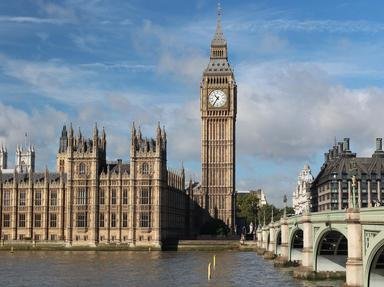7. Margaret Thatcher only held one cabinet post, in Ted Heath's 1970-1974 government, prior to her becoming Prime Minister. Which post did she hold?
From Quiz The Life and Times of Margaret Thatcher
Answer:
Secretary of State for Education and Science
Thatcher's successor as Prime Minister, John Major, was noted as being very inexperienced but in fact he had held two major Cabinet positions, albeit briefly, before becoming Prime Minister. Thatcher had held a couple of Shadow Cabinet positions in the 1960s, including Transport and Education, but her only position in government was as Education Secretary. There is a huge contrast in this respect between her and her predecessor, James Callaghan, who before he became Prime Minister in 1976 had held all 'big three' Cabinet posts (Home Secretary, Foreign Secretary and Chancellor of the Exchequer).
She acquired the nickname 'Thatcher the Milk Snatcher' as she was held responsible for ending the giving out of free milk in school. Her main achievement, if such it can be called, was to oversee a huge rise in the number of comprehensive schools during her time in office.


 Quick Question
Quick Question = Top 5% Rated Quiz,
= Top 5% Rated Quiz,
 Top 10% Rated Quiz,
Top 10% Rated Quiz,
 Top 20% Rated Quiz,
Top 20% Rated Quiz,
 A Well Rated Quiz
A Well Rated Quiz